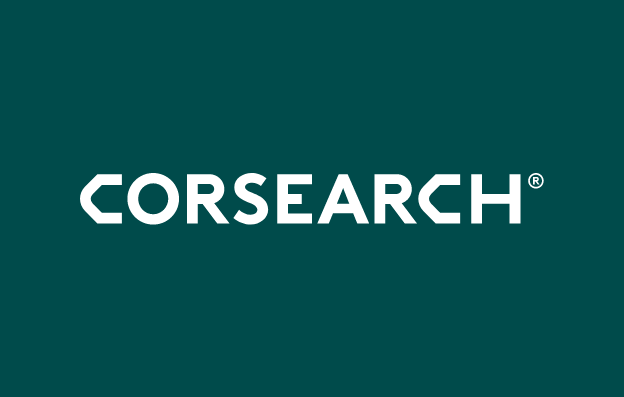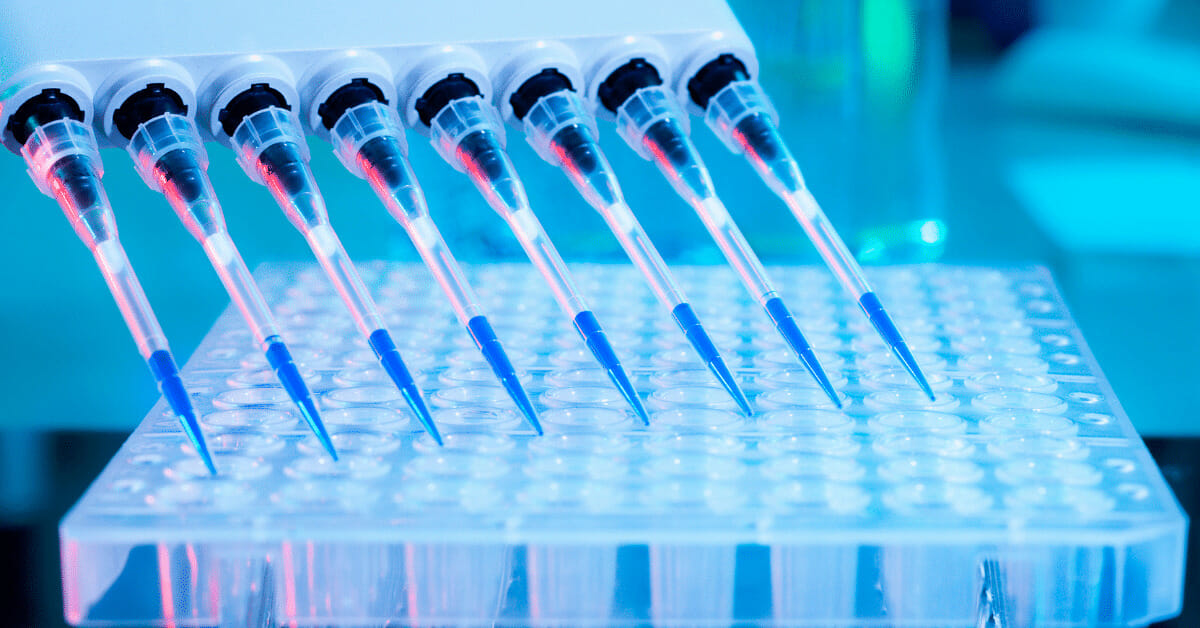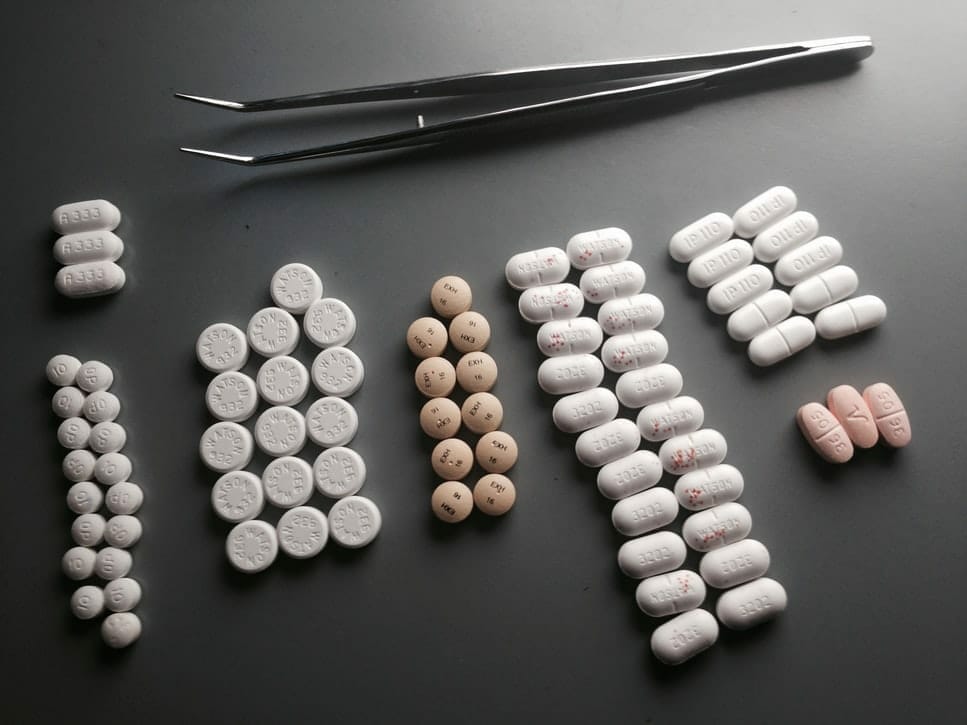Blog
The escalating pharmaceutical counterfeit problem
- Brand Protection

The escalating counterfeit problem in the pharmaceutical industry is causing damage to companies and putting lives at risk.
Pharmaceutical products are of vital importance to the healthcare system of every country on the planet. Yet intellectual property infringement means this is an industry rife with counterfeits, and with estimates of €27 billion revenue lost annually in Europe alone, an issue of increasing scale and importance.
More significant than the lost revenue are the lives that are being put at risk. The World Health Organisation (WHO) recently estimated that one-third of all medicines sold worldwide are illegitimate. Ecommerce has provided a gateway for these illegitimate products which falsely associate themselves with reputable brands to give themselves credibility. This has led to a large rise in illegal online pharmacies as well as online marketplaces distributing them.
Why brand protection matters
Brand abuse is a critical issue for pharmaceutical companies for three reasons, namely the need to:
- Protect their clients
Counterfeit malaria pills have been responsible for an estimated 116,000 deaths a year in Sub-Saharan Africa, with people being deceived into purchasing seemingly affordable, lifesaving medication. Whether the counterfeit is a placebo containing sugar, or has been laced with cheap and dangerous chemicals, it is putting lives at risk. - Protect their revenue
In an industry with such huge R&D costs, revenue lost to counterfeits can materially reduce returns on investment - Protect their reputation
Reputation is a key issue for any brand, but in an industry where consumer trust is so important, the availability of counterfeit drugs can lead to even more damage to brand reputation than elsewhere
Fake Xanax
A recent example of the potentially fatal consequences of counterfeit drugs can be seen in the UK, with fake Xanax flooding the market over the last few years. Xanax is a stress relief drug used to treat moderate to severe anxiety and panic attacks. The drug is common in the USA, but according to official records very rare in the UK and in 2016 was only prescribed on 14 occasions by General Practitioners.
Despite this almost non-existent prescription rate, analysis from the BBC revealed that over a 21-month period between 2015-2017, more than 1.5m counterfeit Xanax pills were sold in Britain. The counterfeits are often dangerous and have been found to be laced with everything from acid and heavy metals to floor polish.
Rosanna O’Connor, Public Health England’s head of alcohol, drugs and tobacco stated:
“People buy things from the internet and they have no guarantee of what they are getting […] whatever is in the drugs they buy could change from one drug to another […] they are dicing with death really because these things are dangerous.”
The challenge of brand protection for pharmaceuticals
Our experience in the industry has shown it is critical to have an intelligence-led brand protection strategy in such a complex field.
Pharma companies often operate intricate business models, which involve creating and patenting the product before sending it to an approved list of manufacturers who produce and distribute it. This means that whilst the pharma company owns the trademark, it is often produced and sold under another company’s packaging.
This can cause challenges when monitoring for unapproved activity online, as well as making it harder for consumers to determine what is legitimate.
Anti-counterfeiting measures
Regulatory bodies are seeking to put standards in place to reduce the issue. Initiatives that focus on monitoring the supply chain, such as ‘mass serialization’, ‘track and trace’ or ‘hologram tagging’ have had mixed results. Counterfeiters are nimble and have been quick to find methods of bypassing these measures.
Supply chain measures are important, but this needs to be one part of a broader anti-counterfeiting strategy. Pharmaceutical companies need to ensure that they are acting proactively to better protect their clients and their own reputations by:
- Educating their clients around counterfeit products and ensuring they know what channels are legitimate.
- Gaining a holistic view of all online channels where their brand is being infringed, and how infringers operate, along with the capabilities to effectively enforce against those infringers.
By putting these measures in place, they are taking positive steps forward in the fight against counterfeiters, choking the distribution and promotional networks illegal operators have put in place and severely limiting their reach.
The need for an intelligence-led approach
Pharma is a very lucrative industry for counterfeiters to target and those involved can profit exponentially more than selling narcotics, whilst the punishment if caught is not nearly as severe. This results in sophisticated counterfeiting networks exploiting it and online brand protection needs to play a major role in anti-counterfeiting strategies for pharmaceutical companies.
A vendor providing a data-dump is likely to have minimal impact, but with an intelligence-led strategy that can use advanced techniques like Network Analysis, brand owners can reveal large-scale operations. This allows brands to enforce against entire networks at once, wiping out their online operations rather than causing only minor inconveniences. Alternatively, this intelligence can be leveraged as part of a broader online / offline strategy to deal with IP infringement.
At Corsearch we work with our clients to create their online brand protection strategies, leveraging our industry expertise and insights. If you believe your brand is being infringed upon, or are curious to see the scale of your issue, you can request to talk to an expert below.





